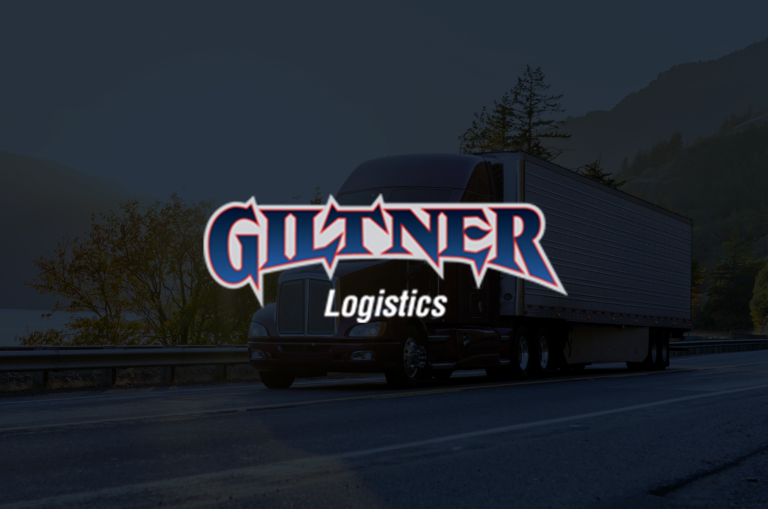Key Takeaways
- LTL Freight: LTL (Less Than Load) freight is a cost-saving option for shipping smaller amounts of goods by reserving a smaller section of a freight trailer, reducing costs for brokers.
- Benefits of LTL Software: LTL software simplifies the shipment process, enabling users to manage LTL freight with other loads, compare carrier rates and services, and gain advanced visibility and tracking for better decision-making and customer satisfaction.
- Data-Driven Optimization: LTL software provides high-impact analytics and reporting, offering insights into shipping volumes, carrier performance, and cost analysis. By leveraging data, freight teams can make informed decisions, optimize operations, and increase profitability.
What Is LTL Freight?
LTL stands for ‘Less Than Load’. When a broker requires to ship a smaller amount of goods (i.e. just a pallet) and not a full truckload, they turn to LTL freight.
Brokers, 3PLs, and freight organizations who choose to ship via LTL do so by only reserving a smaller section of a freight trailer. Thus, they are only required to pay for that smaller portion, allowing them to save on the costs that come with booking a full truckload. The remaining volume of the trailer will be paid for by other LTL brokers who occupy it.
Since ‘Less Than Load’ is separate to full truckload shipments, organizations need a solution to source LTL capacity and attain the carriers who fulfill it.
Why Freight Teams Should Use LTL Software
LTL software allows brokers to view, analyze, and tender shipments to ensure a safer and simpler process.
It helps eliminate the hassle and allows users to get back to running their businesses while providing freight organizations time and cost related value.
1. Fewer Shipment Steps
As LTL shipments become increasingly popular in the freight industry, tracking, finding carriers, and refining the supply chain has never been more important. LTL shipments can be complex and time-consuming causing brokers to struggle with the shipment process.
LTL shipping software helps simplify the process.
- Manage LTL freight with the other truck loads
- Automate manual LTL carrier sourcing tasks
- Streamline processing with fewer steps to cover LTL shipments
By integrating all data into one system, LTL software eliminates the need for users to utilize multiple systems. LTL software is highly efficient for finding carriers, covering loads, and delivering freight.
2. Compare Carrier Rates & Services
LTL software enables seamless integration with various carriers, allowing freight teams to access carrier rates, services, and contact information directly within the software platform for an improved user experience. This integration streamlines the shipping process by comparing rates and services from multiple carriers allowing them to select the most cost-effective and reliable options for each shipment.
Additionally, brokers can receive data including rates, ETA’s, documentation, status, and more. This improves collaboration between parties, preventing miscommunication, reducing delays, and enhancing operational efficiency.
3. Advanced Visibility & Tracking
With an LTL software platform, users get a better understanding of their LTL freight location with regular in-transit updates and a scheduled delivery time. This visibility helps boost profit margins by ultimately reducing manual check calls and fees caused by late shipments.
Additionally, enhanced visibility enables proactive decision-making, allowing users to quickly identify potential bottlenecks or delays in the supply chain and take proactive measures to mitigate them, ensuring smoother operations and improved customer satisfaction.
Less than truckload tracking and visibility empowers users to provide accurate and up-to-date information to their customers, creating transparency and building trust in their business relationships.
4. High Impact Analytics and Reporting
LTL software often includes robust reporting and analytics features. It provides insights into shipping volumes, carrier performance, cost analysis, and other key metrics. These insights enable freight teams to make data-driven decisions, identify areas for improvement, and negotiate better rates with carriers.
Many LTL platforms can also generate customized reports and dashboards, allowing freight teams to visualize and analyze data in a meaningful way. This empowers them to identify trends, pinpoint inefficiencies, and implement strategic changes to optimize their shipping operations and drive cost savings. By leveraging the power of data-driven decision-making, freight teams can enhance their negotiating position with carriers, leading to more favorable rate agreements and improved overall profitability.
Descartes Aljex™ LTL Software: Built by the Community
Here at Descartes Aljex, we provide an LTL software solution through our transportation management software (TMS) platform. Specifically designed for LTL carriers and brokers, Descartes Aljex provides a comprehensive set of features to streamline and optimize LTL operations.
Our LTL software is constantly updated based on customer feedback from over 10,000 active users. Our ‘crowd improving’ technology takes input and comments from users/brokers to improve our LTL trucking software for future use.
Descartes Aljex was designed by brokers, for brokers. We considered all aspects of LTL shipping software – a common yet underrated tool for brokers, 3PLs and carriers alike.
We serve all sizes and ranges of freight brokers:
- Billion-dollar brokerages with hundreds of employees
- Small brokerages with 5 employees
- Specialized freight services
- Refrigerated
- Flatbed
- Bulk
By choosing Descartes Aljex LTL software, brokers are greeted with powerful data, actionable analytics, and built-in custom reports to continue planning and forecast future shipments. Our LTL solutions along with the data has been shown to increase LTL shipment productivity by 20-40%.
Schedule a discovery meeting to learn more about Descartes Aljex LTL Software.


